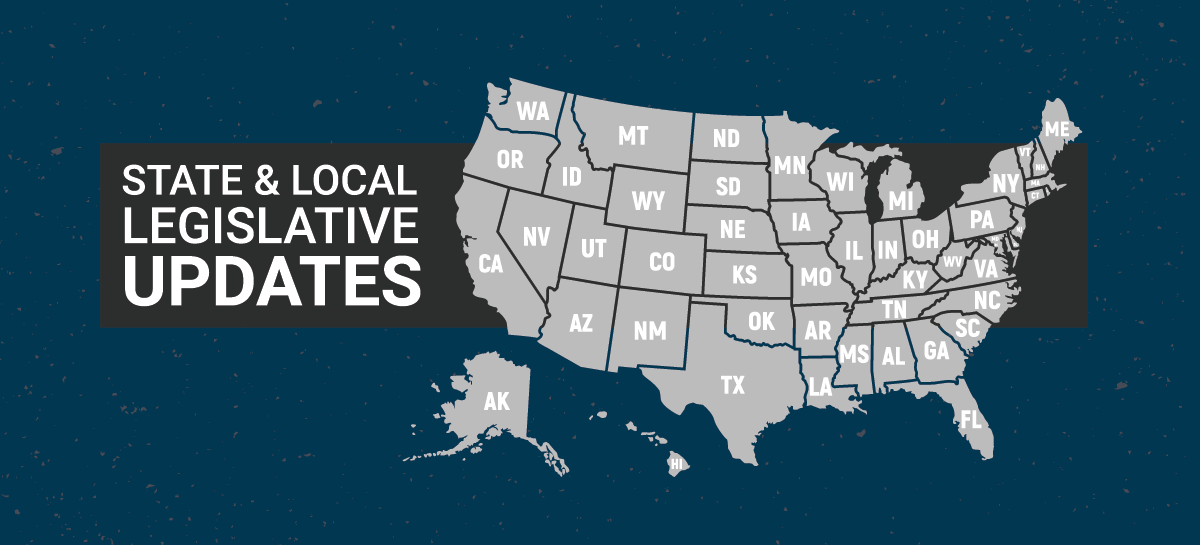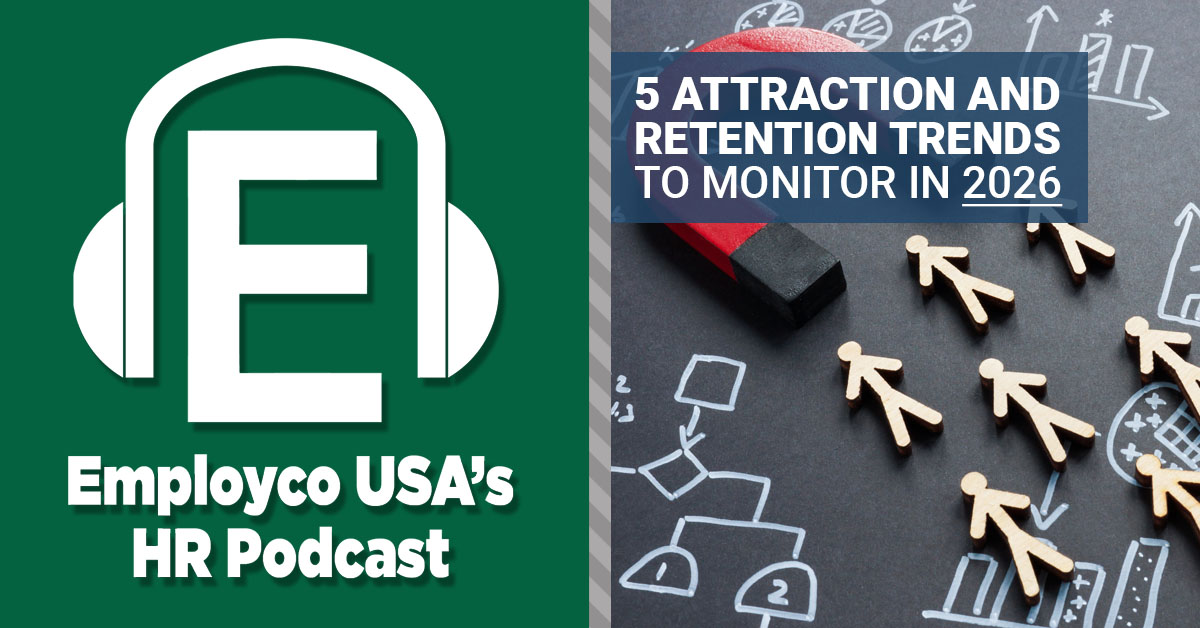In this HR Chat, Rob and Jason break down recent labor market trends affecting entry-level hiring and what employers should be paying attention to right now. They cover what’s behind the changing outlook for recent graduates, how this is showing up in recruiting efforts, and what organizations can do to stay competitive in a tighter talent market.
Contact hr@employco.com to discuss hiring strategies and workforce planning.
Schedule a 15-minute call with Griffen Wilson for more information on our services.






